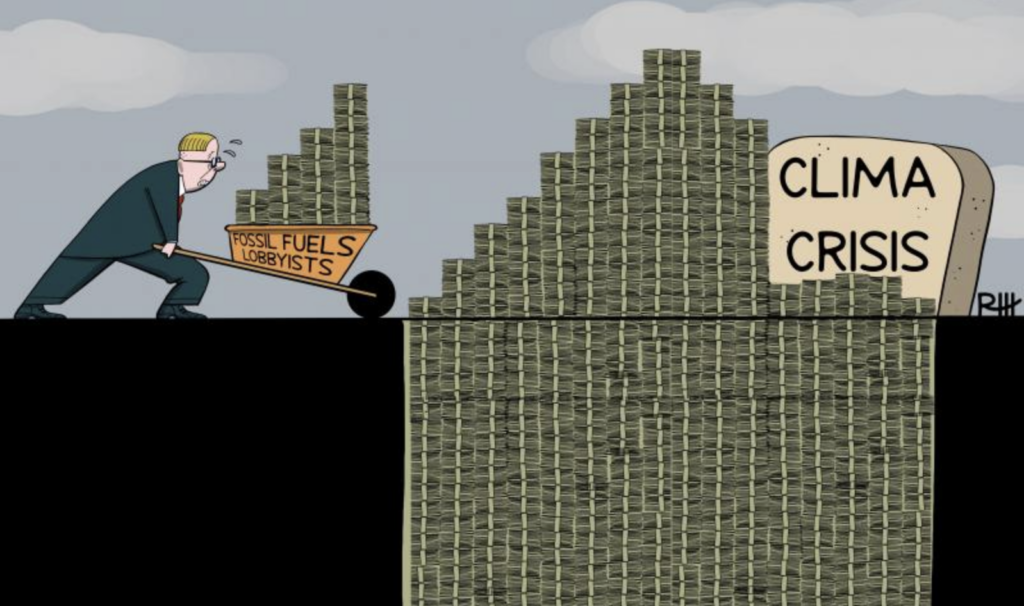I always like digging around in the academic literature for insights about today’s politicized science battles. Now that social scientists have begun to apply themselves to public fights over the hard sciences, I find that they have a great deal to offer. The latest exhibit: The work of Andrew J. Hoffman, Professor of Sustainable Enterprise at the University of Michigan.
Hoffman is an “organizational theorist.” As such, he believes that “failing to attend to the deeper social and cultural forces within the climate conflict, and in particular the counter-movements that resist the dominant logic,” is a big mistake.
So he went and studied the “culture and discourse” of climate skeptics—which involved attending their conferences and events–and describes some of the preliminary results in a recent paper in Strategic Organization. As a result, Hoffman argues that three themes are dominant in the movement. And here’s where, to me, it gets really interesting.
1. Stealth Attack on Personal Freedom. Skeptics, write Hoffman, think concern over global warming just a ruse to curtail personal liberties—by increasing the power of government to interfere in the market. This of course carries over to a deep distrust of the U.N. At a climate skeptic conference, writes Hoffman, one presenter “went so far as to suggest that a binding international agreement on climate change would end with individuals being required to carry ‘carbon ration cards’ on their person.”
2. Free Marketeers. Relatedly, the skeptics have a “strong faith” in the free market. Renewable energy is distrusted because it needs to be subsidized. Huh—what do they think of fossil fuel subsidies, then? Hoffman does not discuss what seems to me one plausible outcome of this free market commitment: The belief that markets could not really create a problem like climate change, or if they do, markets also will solve it.
3. Distrust of Peer Review. To me, this was the most intriguing finding. Skeptics, write Hoffman, “argue that public funding of science in the post-Second World War era through organizations like the National Science Foundation (NSF) corrupted the scientific process.” Um, such funding also made us the world’s science superpower—but I digress. The point would seem to be that skeptics distrust all government, publicly funded science because they believe the peer review system has been corrupted and incestuous—after all, it’s not a free market system–and the “ClimateGate” brouhaha just served as a confirmation to them of this deeper distrust.
So if you’re one of those people who asks yourself, “how can they believe this stuff?” Well, that’s how.
What’s surprising to me is that none of this is, at base, scientific. It’s all about distrusting some kind of power associated with the government, while very much trusting other kinds of power that are unregulated.
In other words, it’s about how society—not the atmosphere—is organized.
Subscribe to our newsletter
Stay up to date with DeSmog news and alerts







